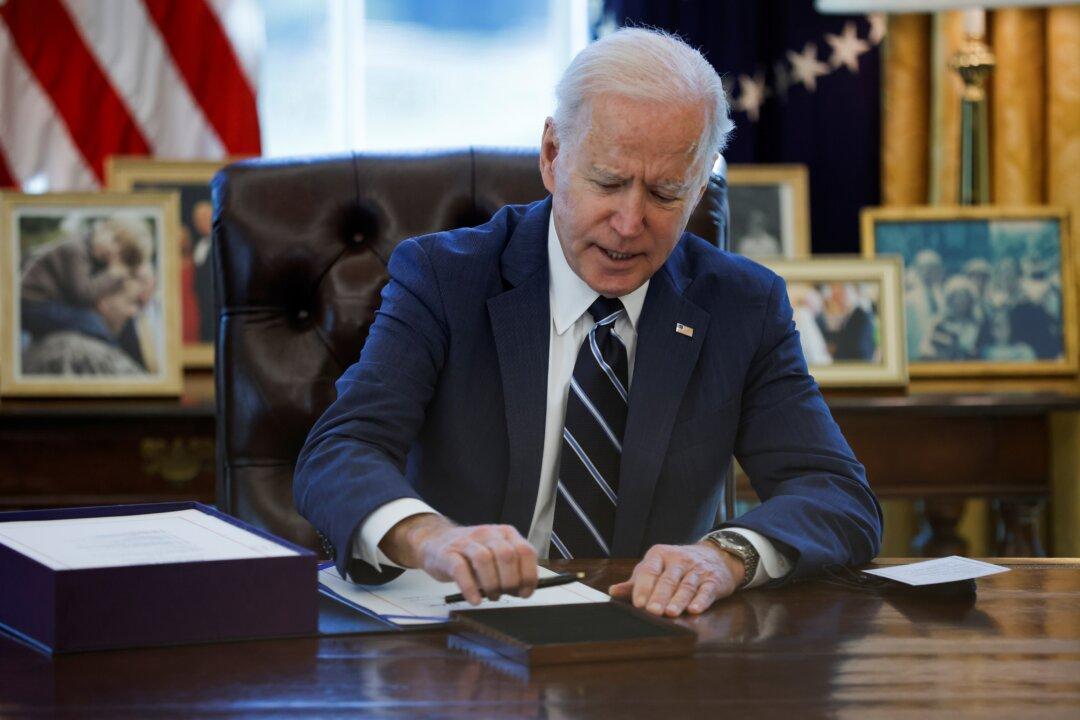Commentary
While the public focuses on the Biden administration’s vaccination mandate, many are overlooking yet another new federal mandate: Congress’s effort to ban state tax cuts.

While the public focuses on the Biden administration’s vaccination mandate, many are overlooking yet another new federal mandate: Congress’s effort to ban state tax cuts.